FEAR makes recovery a thousand times harder.
Those were the words of seasoned recovery and disaster specialist Lucy Easthope when I interviewed her for my book A State Of Fear: How The UK Weaponised Fear During The Covid-19 Pandemic last autumn.

Read our coronavirus live blog for the latest updates
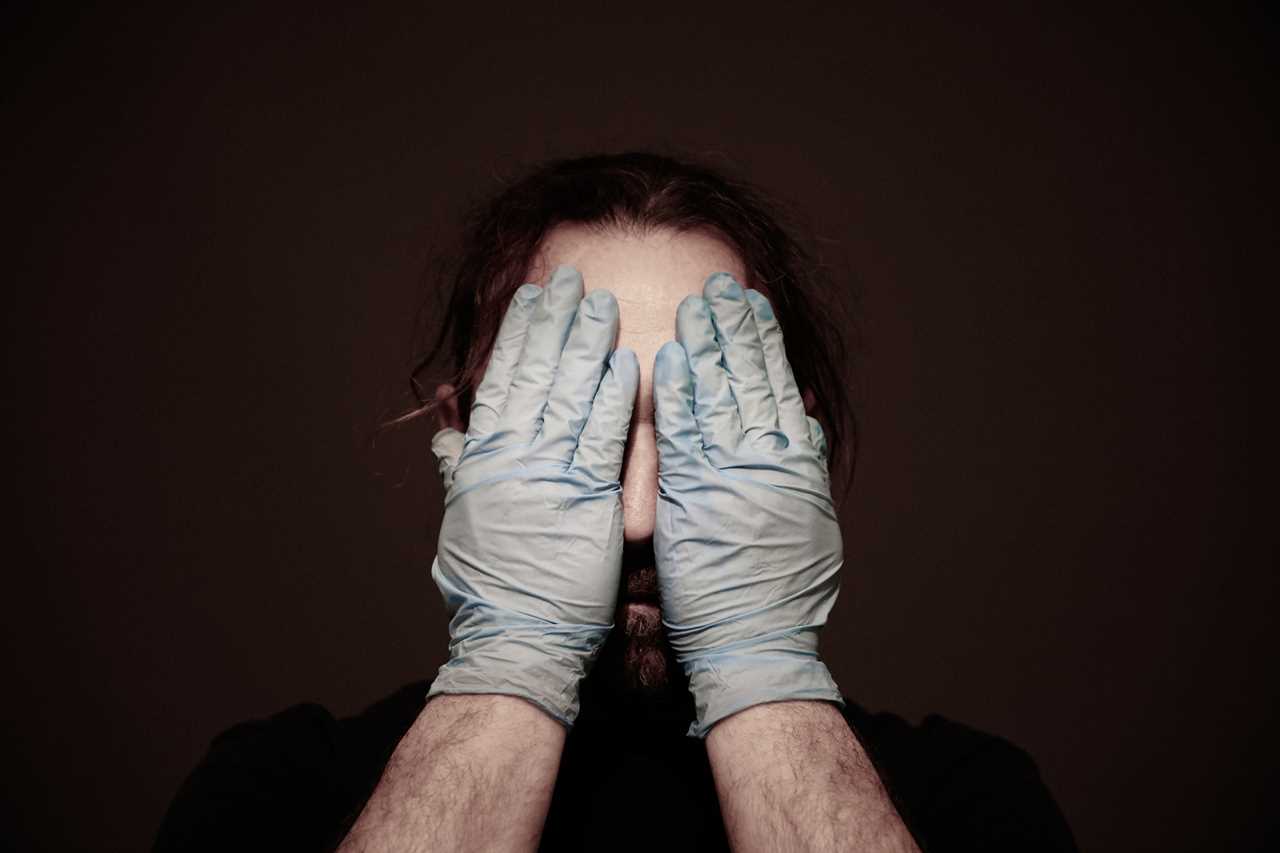
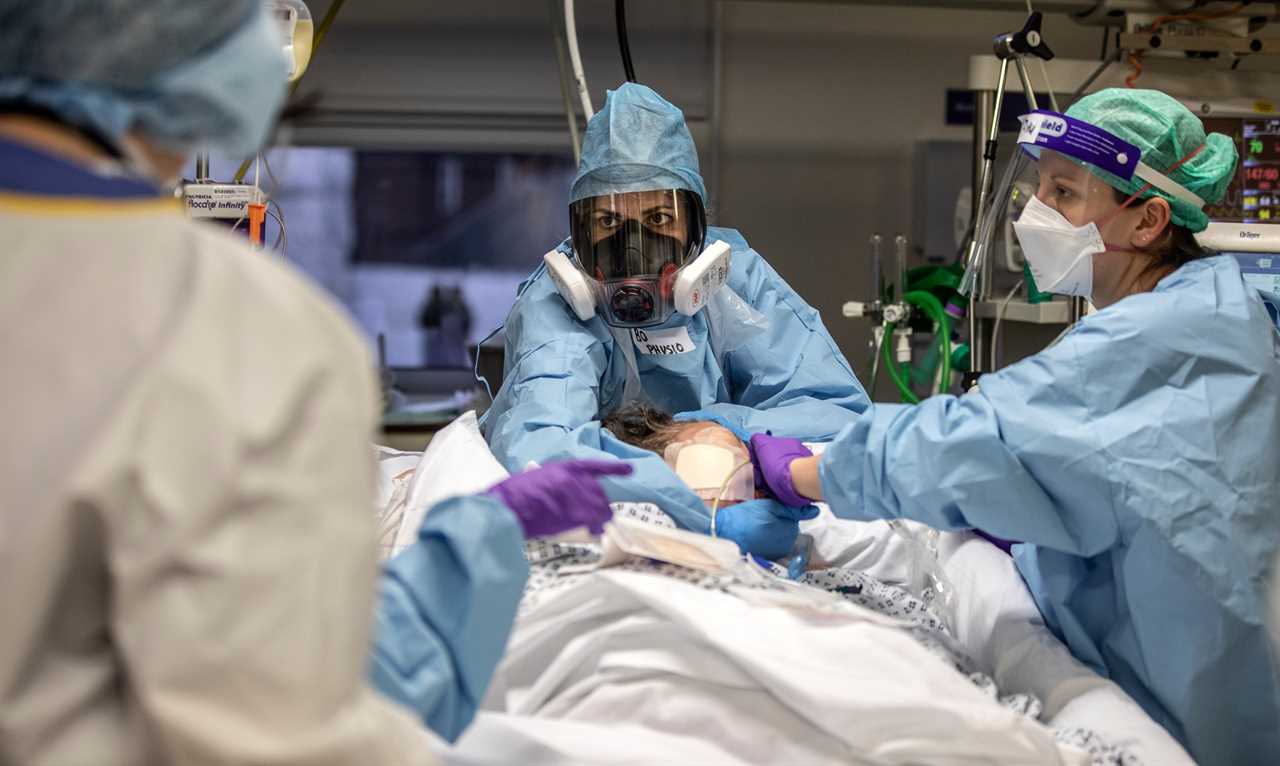
What she said now sounds terrifyingly prophetic.
We have reached some incredible milestones, which should lift the hearts and hopes of each of us.
The Office for National Statistics reports 86.6 per cent of the adult population have antibodies against Covid-19, suggesting they have had the infection and recovered or have been vaccinated
Deaths with Covid have been in single or low double figures every day since April. Official stats show 84.9 per cent of the adult population have had their first dose of the vaccine and 62.4 per cent have had two doses. The link between cases (positive tests) and hospitalisations has been broken.
Yet despite this, many people are still fearful, not least the gloomy scientific advisers asking for delays to the road map out of lockdown.
Covid is a very nasty illness and it has claimed 128,140 lives in the UK (within 28 days of a positive test result), but with our world-beating vaccination programme we should be optimistic about the future.
However, it is not easy for everyone to climb down from the fear.
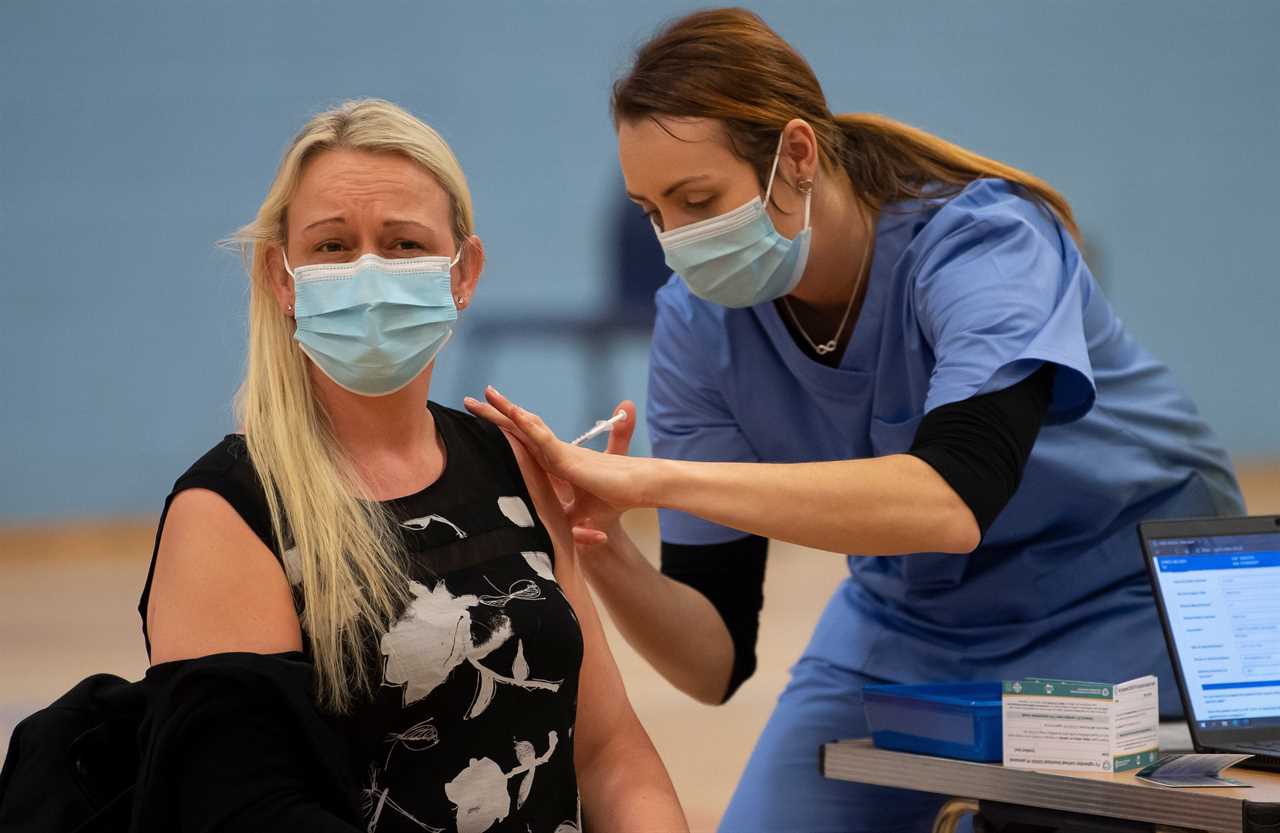
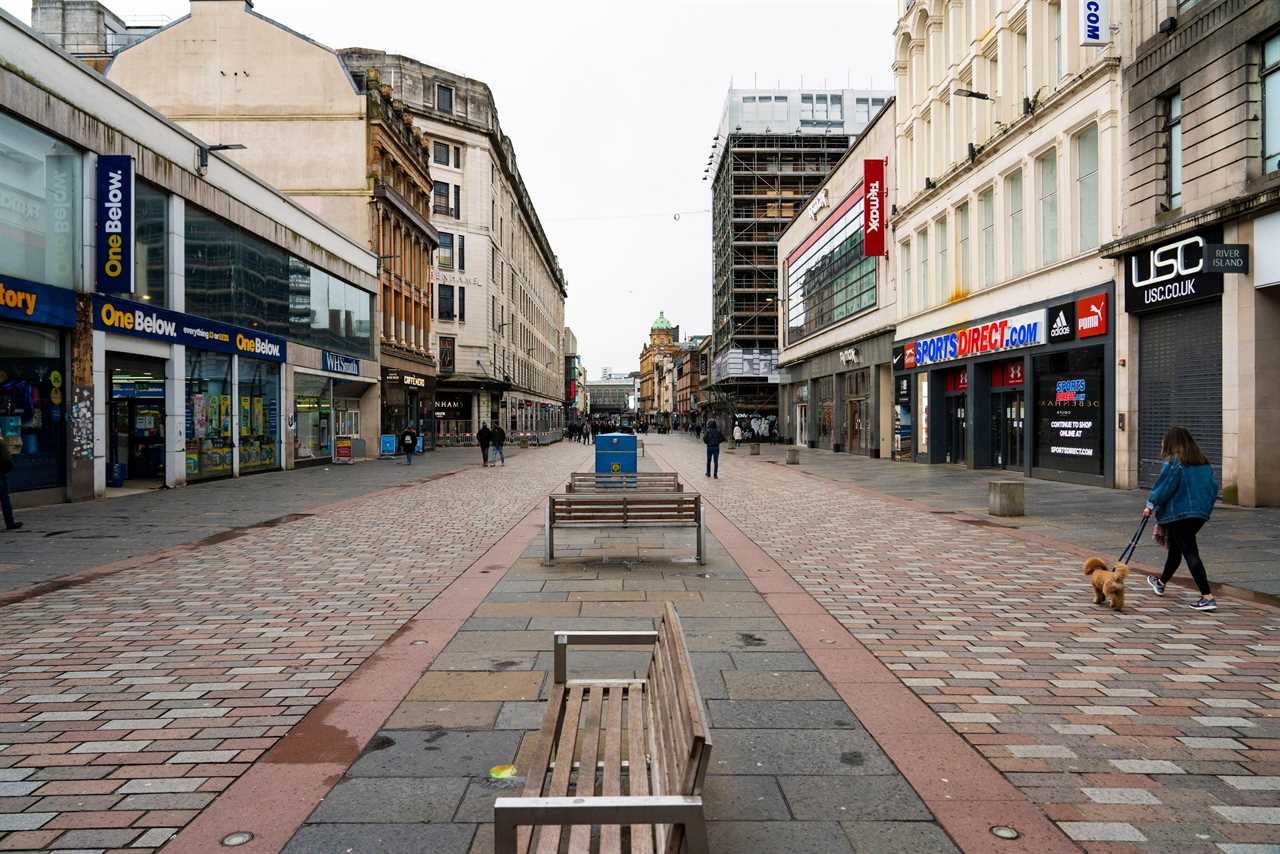
Someone told me about their first trip to the pub when inside service resumed on May 17.
The six friends had booked a table long in advance to celebrate the easing of restrictions.
One of the group, Robert, faltered at the threshold of the pub. He found that no matter how much he wanted to, he could not bring himself to walk in, let alone sit at the table and enjoy a drink with his friends.
He was still “programmed” to feel frightened about being inside with people. The next day he felt terrible about this failed trip, so unfortunately anxiety was layered upon anxiety.
‘The way we’ve used fear is dystopian’
Oh, and he had had BOTH his jabs.
One in four licensed venues still has not reopened because the social distancing restrictions make business unviable.
Between pubs not opening their doors and punters not able to walk through the doors, this does not bode well for one of the bastions of British culture and a barometer of our national mood.
Epidemics are fearful times for understandable reasons and of course we have to act in ways to mitigate them that we find difficult and, at times, frightening.
But, as I uncover in my book, there was a deliberate attempt to amplify our fears to encourage us to follow the lockdown rules.
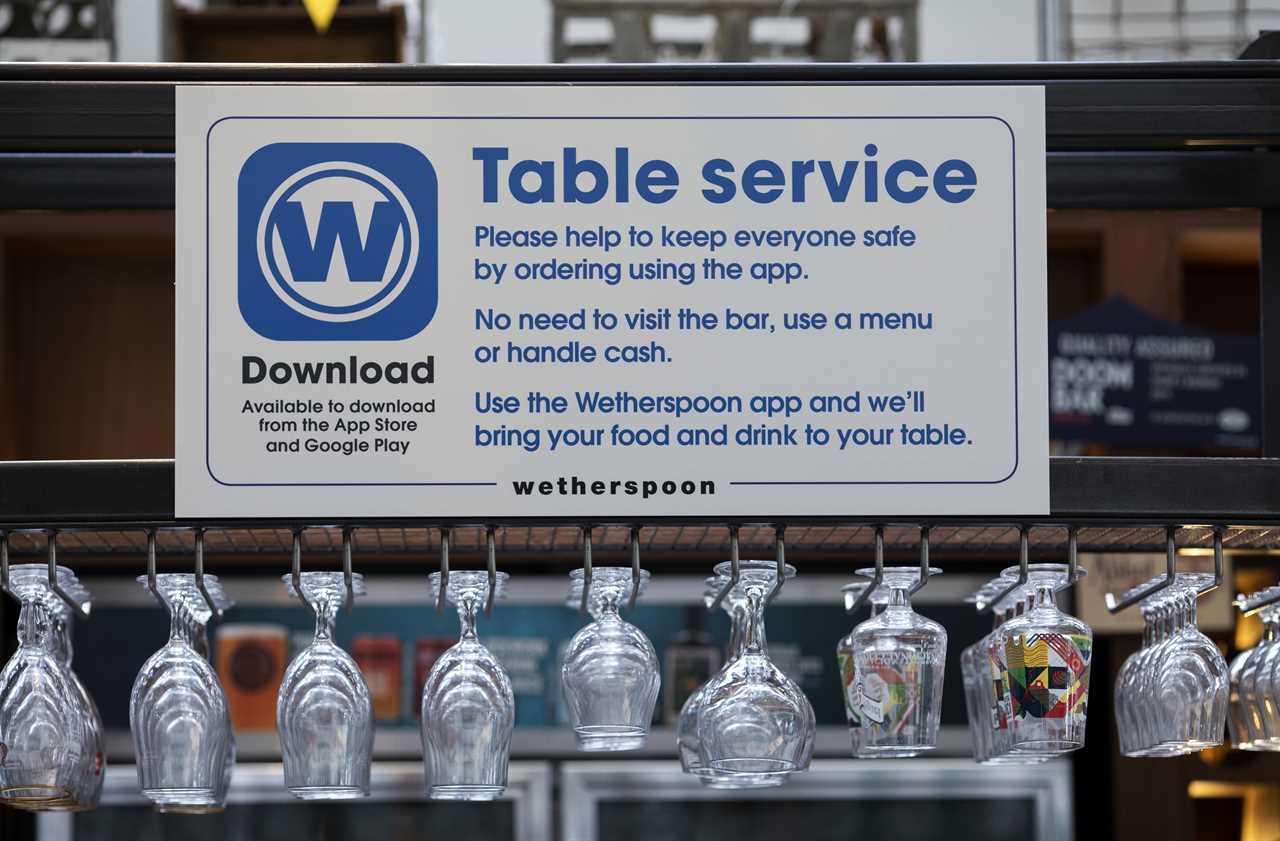
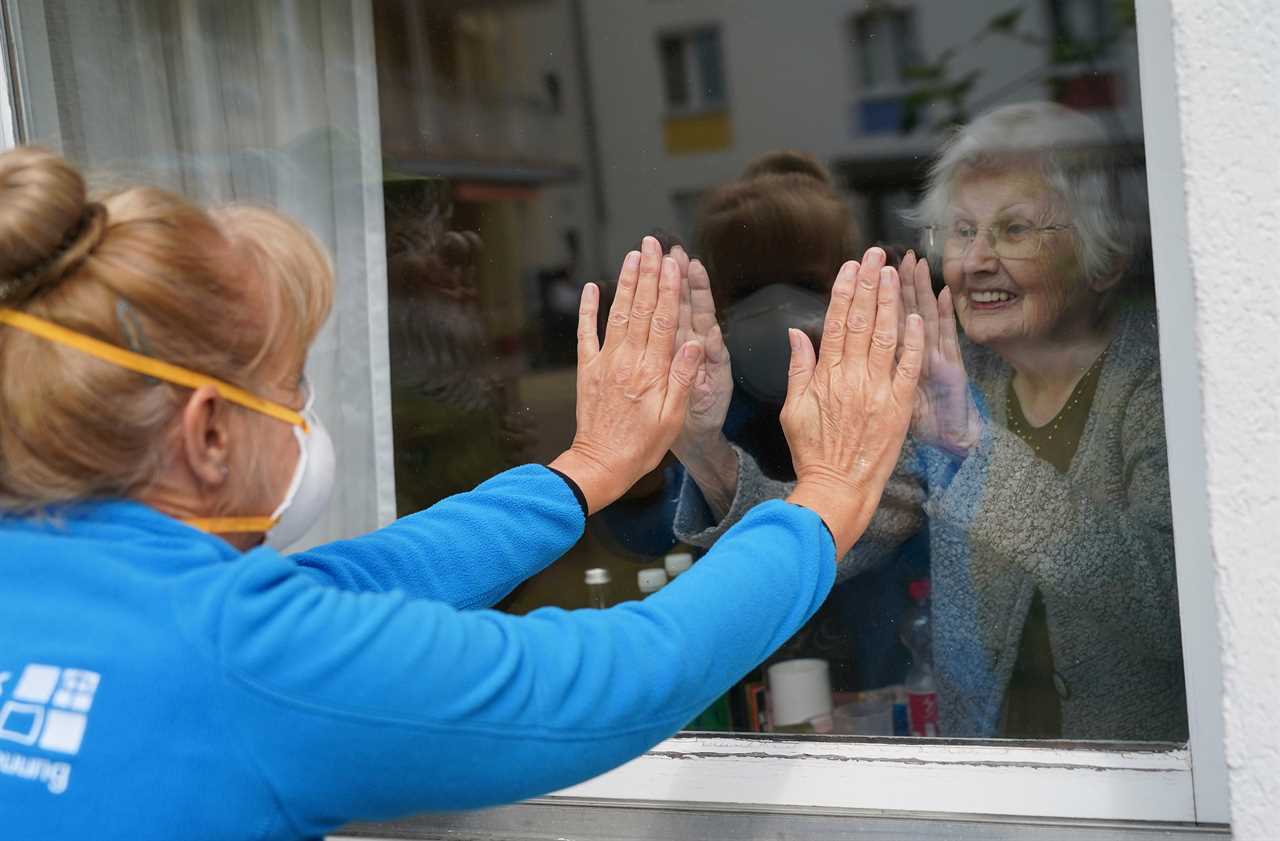
The Government was advised by SPI-B — its Scientific Pandemic Insights Group on Behaviours — that, “a substantial number of people still do not feel sufficiently threatened; it could be that they are reassured by the low death rate in their demographic group, although levels of concern may be rising”.
They recommended that, “the perceived level of personal threat needs to be increased among those who are complacent, using hard-hitting emotional messaging”. In essence the Government was advised to frighten the public. Even government advisers are worried this “campaign of fear” went too far.
One told me they were, “Stunned by the weaponisation of behavioural psychology over the past five years”, and that, ‘The psychologists have too much power and it intoxicates them”.
In an astonishing admission, one of the advisers for SPI-B themselves told me that, “The way we have used fear is dystopian and it’s what wakes me up at 3am”.
Some of these SPI-B advisers may even be overcome by their own fears.
One told me off the record that, “psychologists tend to be more on the neurotic end of the spectrum”. Sometimes this is all too obvious. Implying that Boris Johnson should delay the road map, SPI-B’s Professor Stephen Reicher tweeted in the run-up to the original Freedom Day of June 21: “What sort of sign does he want? The Thames turned to blood? A plague of frogs? Writing on the wall that spells out ‘we are all doomed if you don’t stop your dithering’? But seriously, what sort of sign does he want?”
These Biblical-scale fears are out of sync with the current situation.
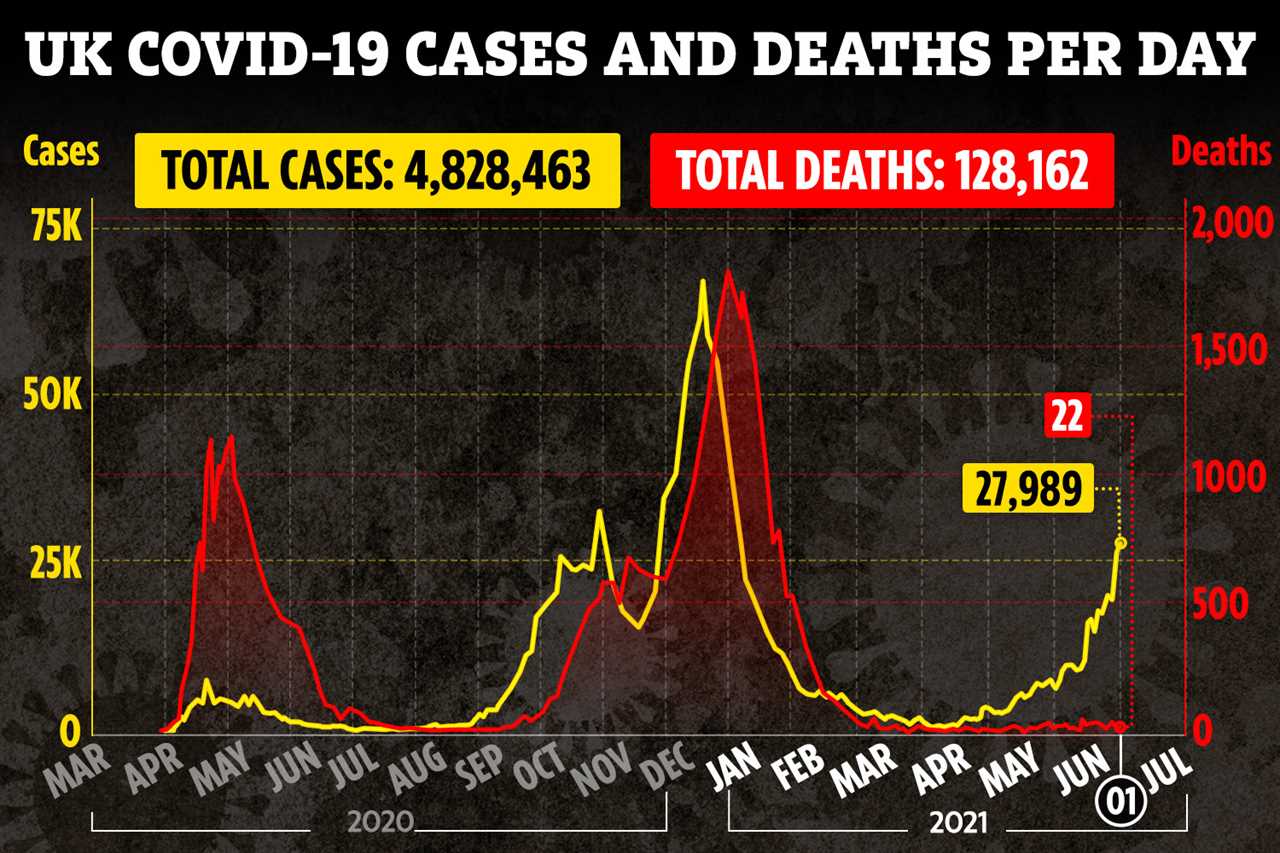
Another SPI-B adviser actually suggested we might need to wear masks and practise social distancing for ever.
Last month, every MP in the country was sent a copy of my book A State Of Fear by a group of concerned people, including hotel entrepreneur Sir Rocco Forte, financiers Michel de Carvalho and Hugh Warrender and the Recovery campaign with its 40,000 supporters. I hope MPs read it, because it raises essential questions for those in Parliament: Was it ethical to use fear to control the British people’s behaviour? Can the impact on our mental health be justified?
Are behavioural psychology tools compatible with democracy, given that they may effectively deprive individuals of the ability to decide and think for themselves?
Recovery is the birds singing and sun shining
Do the British people want trust and transparency, or do they want to be unconsciously “nudged” and frightened?
The date of July 19 is a pivotal moment for the UK. We have had one delayed Freedom Day, but it is now time to look forward to recovery, and also envisage the type of society we want to be.
Recovery is the birds singing, the sun shining, children in playgrounds, businesses open and “old normal” resuming. It is not horror film-style ads with grainy close-ups of people with oxygen masks, steep red lines on graphs and 24/7 news about variants.
It is not death dashboards — we do not do that for other diseases.
And it is not gloomy scientists in the spotlight, holding us hostage to their palpable anxieties.
Fear is putting a brake on recovery. Even when restrictions are lifted some people will find it hard to return to normal, like Robert unable to cross the threshold of the pub.
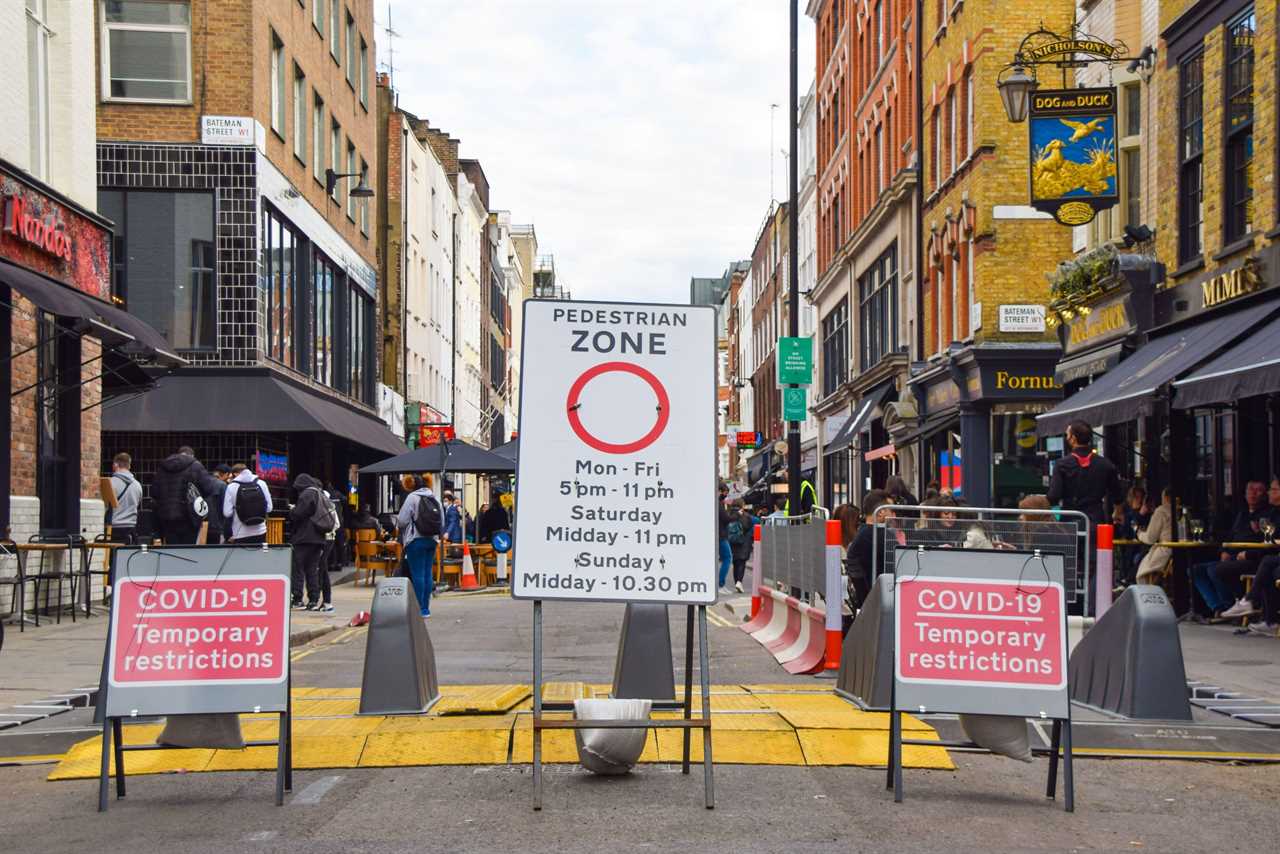
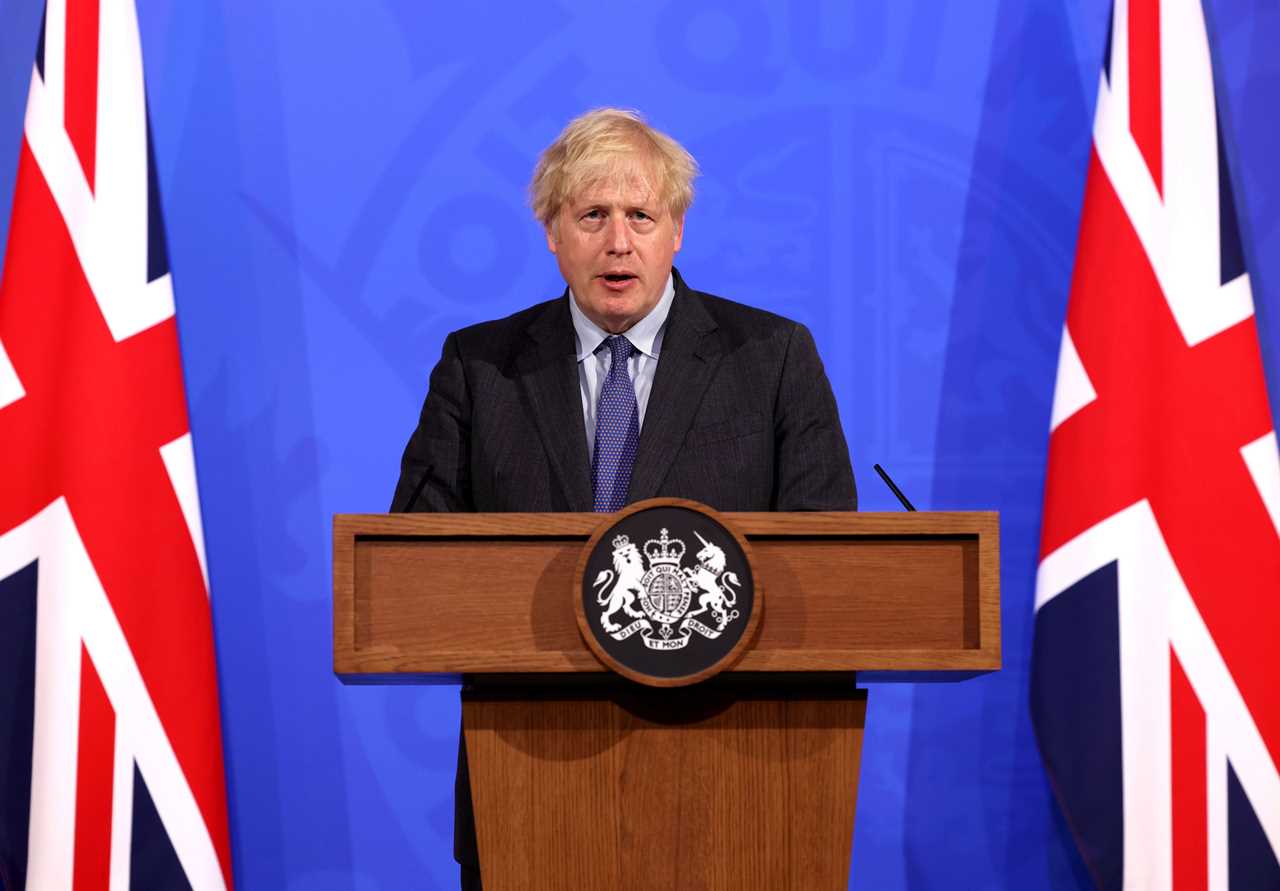
In some ways, that gives us a soft landing back into “old normal”, but in other ways it acts as a drag and will hold us back.
Restarting the economy, opening businesses, easing mental health, keeping children in school, addressing Covid Anxiety Syndrome and tackling hospital waiting lists require positivity. We need a Sage for recovery. The advisers close to the Government are human and subject to the same fears as all of us, so we need a fresh team tasked with getting the country’s confidence back.
Ministers have admitted it might be difficult to cease publishing daily Covid death stats in case it looks “dodgy”. But there are ways around this, such as providing more context.
Instead of only listing how many people died with Covid, show how many died in the whole UK and people will realise the deaths from Covid are now vanishingly small.
And in public health messaging, instead of focusing on what is risky, how about telling us what is safe?
Perhaps we can drop police powers and regulations in favour of personal responsibility and encouragements to venture back into normal life?
Recovery means rejecting living in a state of fear. It also means asking our elected politicians tough questions about the deliberate use of fear, even if they thought at the time it was supposedly in our best interests.
We cannot let the type of fear used by the state during the pandemic become the new normal.
Beyond the inevitable inquiry, it is vital that the Government’s reliance on underhand psychological methods is scrutinised.
This is not about recriminations and a blame game, but about learning from mistakes.
The British people deserve better. Scaring them into submission was not fair play and the collateral damage will become increasingly worrisome.
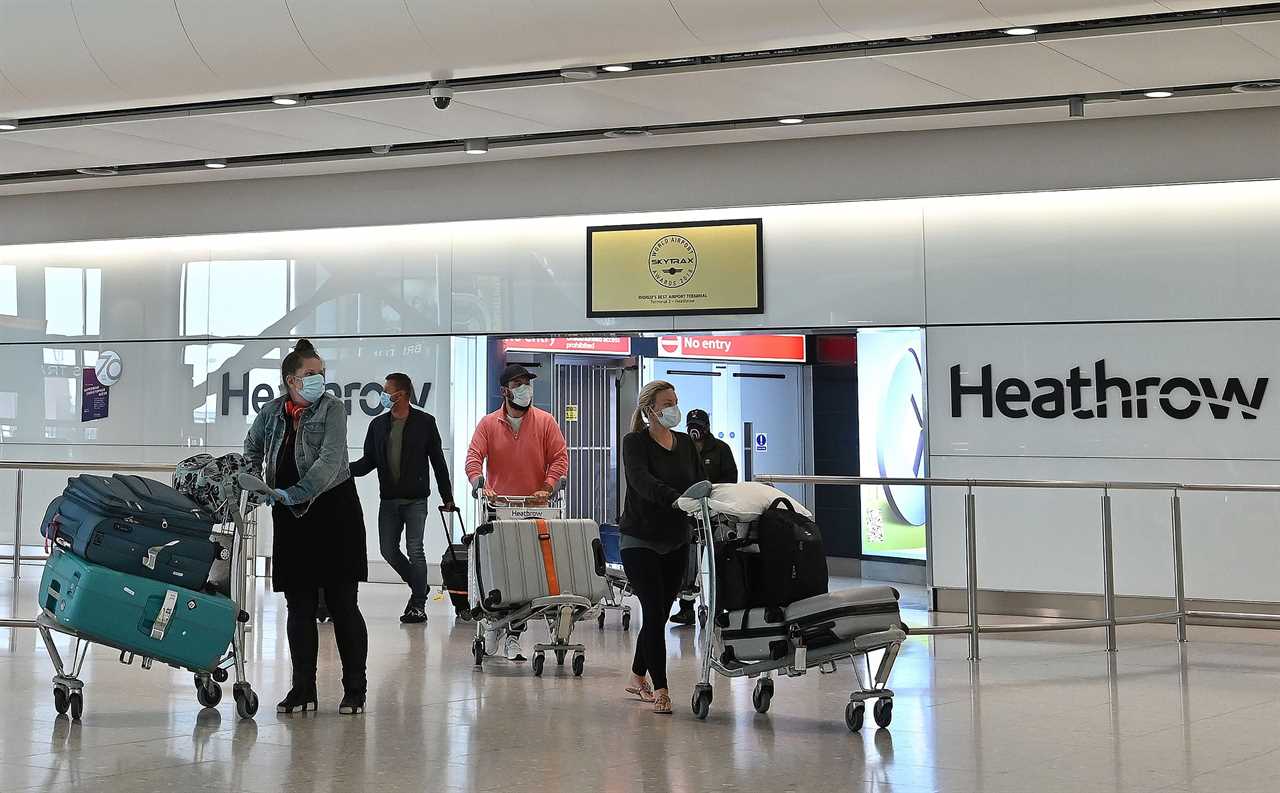
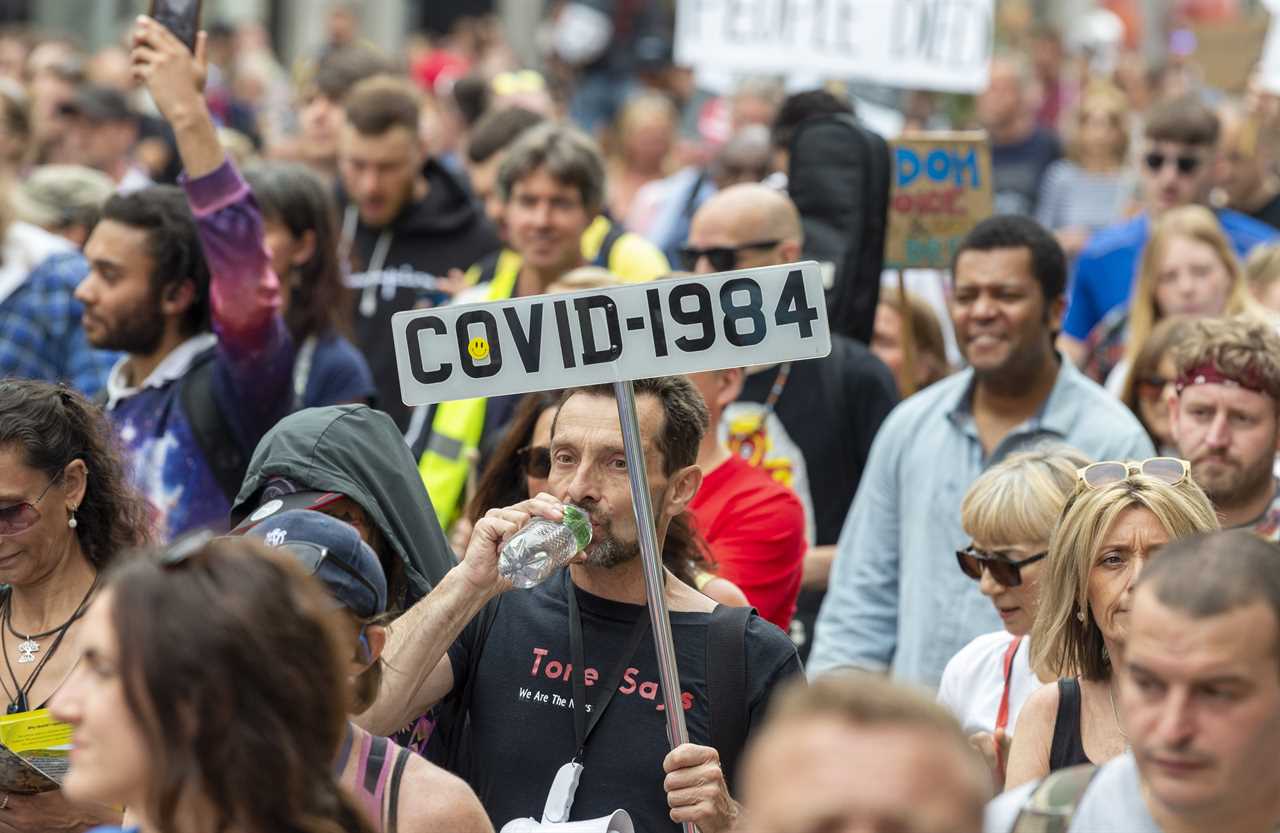
Most of all, recovery means hope and getting life back to normal.
Recovery is Robert sitting at a table inside a pub with his friends.
- A State Of Fear by Laura Dodsworth (£9.99, Pinter & Martin) out now.
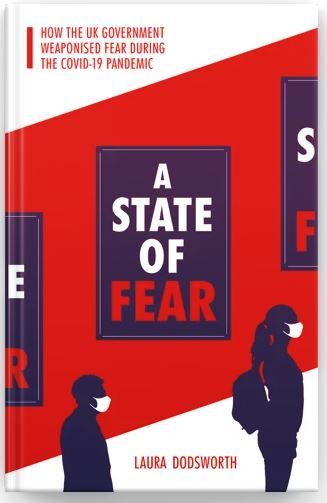
Did you miss our previous article...
https://trendinginthenews.com/covid-19/nearly-25million-brits-still-on-furlough-as-bill-reaches-66billion






